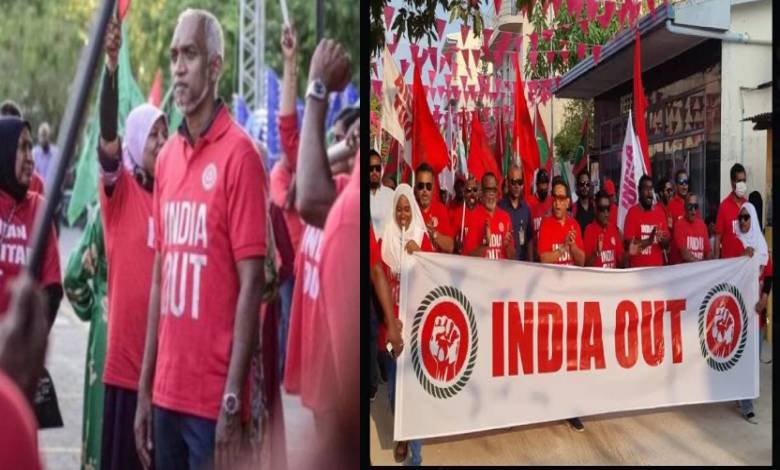
THE INDIAN ARMED FORCES IN MALDIVES: STORM IN A TEACUP
 Wed, 17 Jan 2024
| Reading Time: 4 minutes
Wed, 17 Jan 2024
| Reading Time: 4 minutes

Nations deploy personnel from their armed forces in different neighbouring countries mostly for security and good will, that is if the politico-diplomatic relationship is cordial or something even better. Receiving nations do not become colonies of the providers simply because of having foreign soldiers, sailors or airmen of a different country stationed on their soil. At the invitation of Saudi Arabia, Pakistan had located two of its brigades in that country purely for the security of the Royal Family. This arrangement went on from 1980 till almost 1992 when Pakistan withdrew its forces under an agreement. The Saudi political and financial support to Pakistan through those years and a little beyond was based upon this commitment by Pakistan.
It’s necessary to state the above in relation to the unfortunate ongoing spat between India and the Maldives after the election of incumbent President Muizzu who has demanded the withdrawal of all Indian military personnel to restore Maldives’ sovereignty. How exactly the sovereignty has been compromised has been insufficiently explained and perhaps even insufficiently analysed by media and international observers. Maldives is a nation under threat of climate change and insufficiently capable of running its administration without some kind of dependency on its large neighbour, India which provides it with all the essentials. Indian suppliers provide the required resources for everyday living. On one occasion even drinking water had to be expeditiously provided by ship when all other systems collapsed. If disaster were to strike in the form of cyclones, tsunami or simply storm surge, Maldives will need to be dependent on India to provide it relief. Humanitarian Assistance and Disaster Relief (HADR) exercises with Maldives is something which is conducted on a regular basis between the two countries.
It’s not important to know what the breakdown is of the 77 Indian armed forces personnel believed to be present on the islands; it’s just the issue of their presence. Muizzu may have an axe to grind with India and its leaders and may have been goaded or inspired by India’s adversaries to cock a snook at India as a demonstration of unwillingness to cooperate with it. It’s one of those numerous attempts by China to continuously create disaffection against India among its neighbours as part of its ‘string of pearls’ strategy. Maldives and Sri Lanka in particular, are considered extremely strategic due to they being astride and in the vicinity of the international shipping lanes through the Indian Ocean from the Suez Canal to the Straits of Malacca. These sea lanes carry 80 percent of the world’s trade. Sensing its own vulnerability in this region, China has always depended on these lanes for its phenomenal economic growth based upon the inward flow of energy from the Middle East to China’s East Coast and the outflow of manufactured goods in hundreds of containers to India, Middle East, Africa and Europe. It makes strategic sense for China to cultivate such island territories which fall in the vicinity of these sea lanes so as to pre-empt any potential threats and have the benefit of some facilities such as naval bases. China obviously senses the Indian Ocean region as one of its prime vulnerabilities due to the above explanation and wishes to invest in the future when the IOR may get more militarized and bring about contestation. China’s handicap is that its PLA Navy is insufficiently strong to adopt a blue water projection, although it has set up bases in Djibouti and in Gwadar to show its flag in a crucial area – the North West Indian Ocean. It is stretched from the Middle East to the Straits of Malacca and up to the East coast of China, its main manufacturing belt. The availability of Maldivian and Sri Lankan support to its naval presence in the vicinity of these nations will be a force multiplier. This is something India would surely like to discourage.
Maldives is an Islamic nation. The 2008 Constitution or “Fehi Gānoon” declares the significance of Islamic law in the country. The constitution requires that citizenship status be based on adherence to the state religion, which legally makes the country’s citizens 100% Muslim. That was never a limiting factor for most of Muizzu’s predecessors who saw their interests linked to India in terms of logistics, administration and even security. Even in their time the footprint of radicalization was strongly evident in Maldives. The island nation provided 200 fighters to the Islamic State (IS), the highest per capita of such fighters based upon the ratio to the population. Muizzu perceives that a strong relationship with India is detrimental to Maldives’ interests from an ideological point of view and probably banks on China becoming its main sponsor. However, he needs to remember that nations vulnerable to almost everything – low economic development, poor resource mobilization and even ideological threats, can best find security from within the region where they exist and proximity to a nation on the march is actually a blessing. Muizzu should partake in India’s development march if has at heart the good of the people who elected him. However, India has for long respected the democratic choice of the peoples in its neighbourhood. Unfortunately, it’s the leaders thrown up by the democratic processes who have sometimes failed to appreciate the worth of regional relationships. The state of India-Sri Lanka relations today is based upon the complete support that India extended to that nation in its hour of need when the state mechanisms had almost failed.
It may not take too long before climate related threats start to adversely affect the Maldives. Muizzu can remain assured that India would still be there to support the Maldivian people. There is nothing that India should do in the current situation. We need to just be good to the Maldivian people. Such situations have a way of turning themselves around in a short term when no significance is accorded to them. The more we try to bring change to execute change the more complex it will become. Ultimately only neighbours make the difference. Muizzu will soon realise it.
Disclaimer
The opinions expressed in this article are the author’s own and do not reflect the views of Chanakya Forum. All information provided in this article including timeliness, completeness, accuracy, suitability or validity of information referenced therein, is the sole responsibility of the author. www.chanakyaforum.com does not assume any responsibility for the same.
Chanakya Forum is now on . Click here to join our channel (@ChanakyaForum) and stay updated with the latest headlines and articles.
Important
We work round the clock to bring you the finest articles and updates from around the world. There is a team that works tirelessly to ensure that you have a seamless reading experience. But all this costs money. Please support us so that we keep doing what we do best. Happy Reading
Support Us





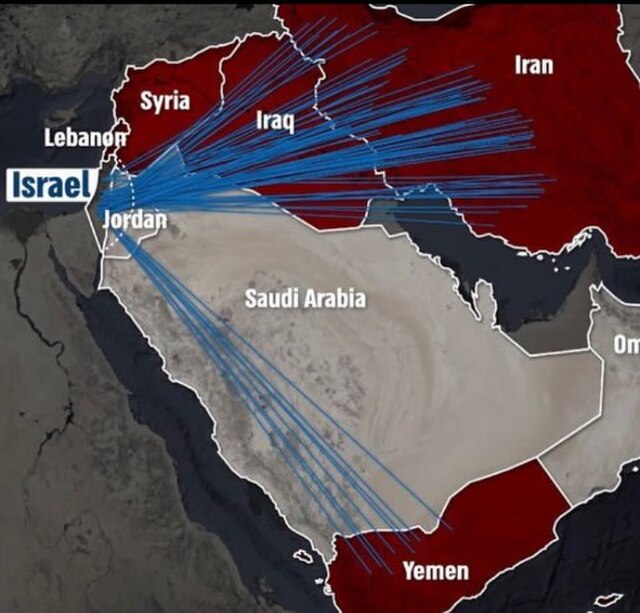
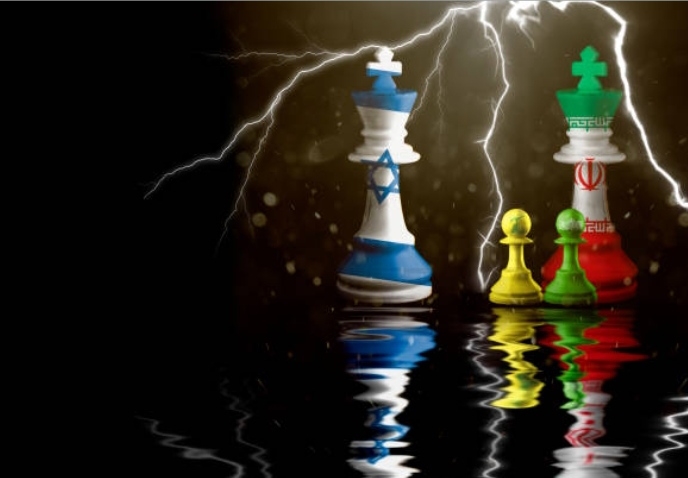

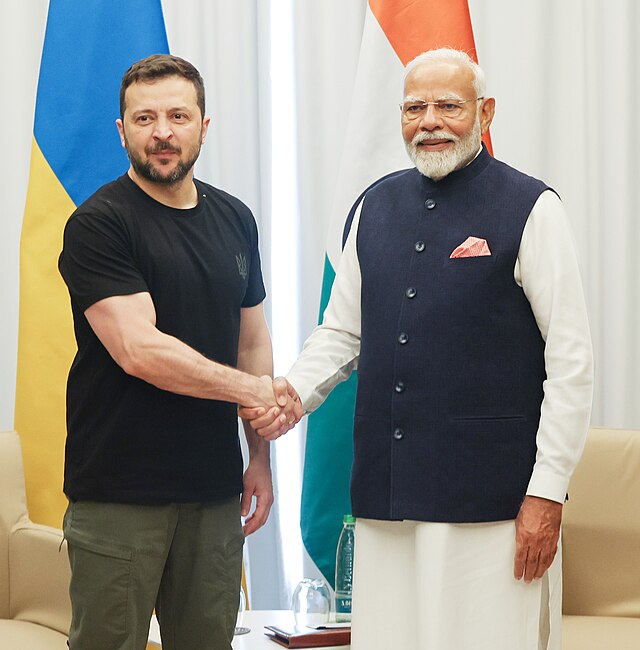
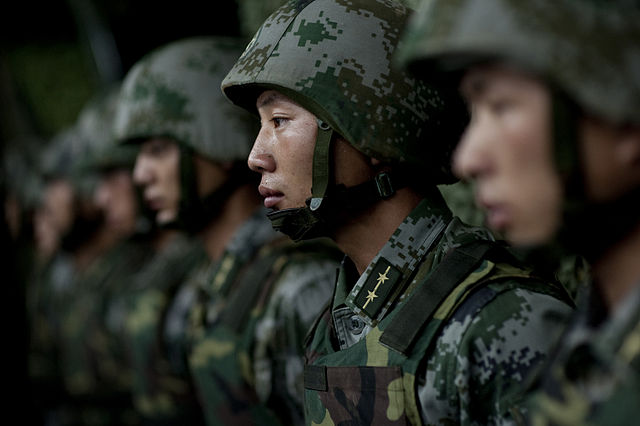
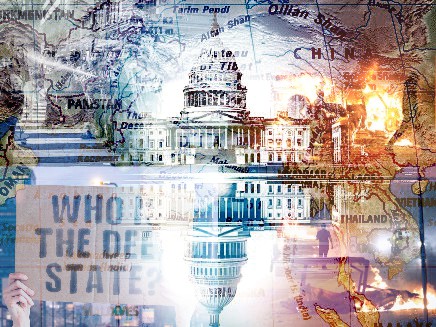
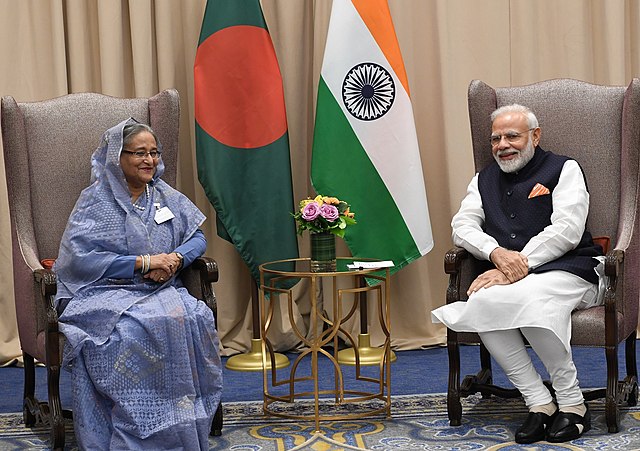
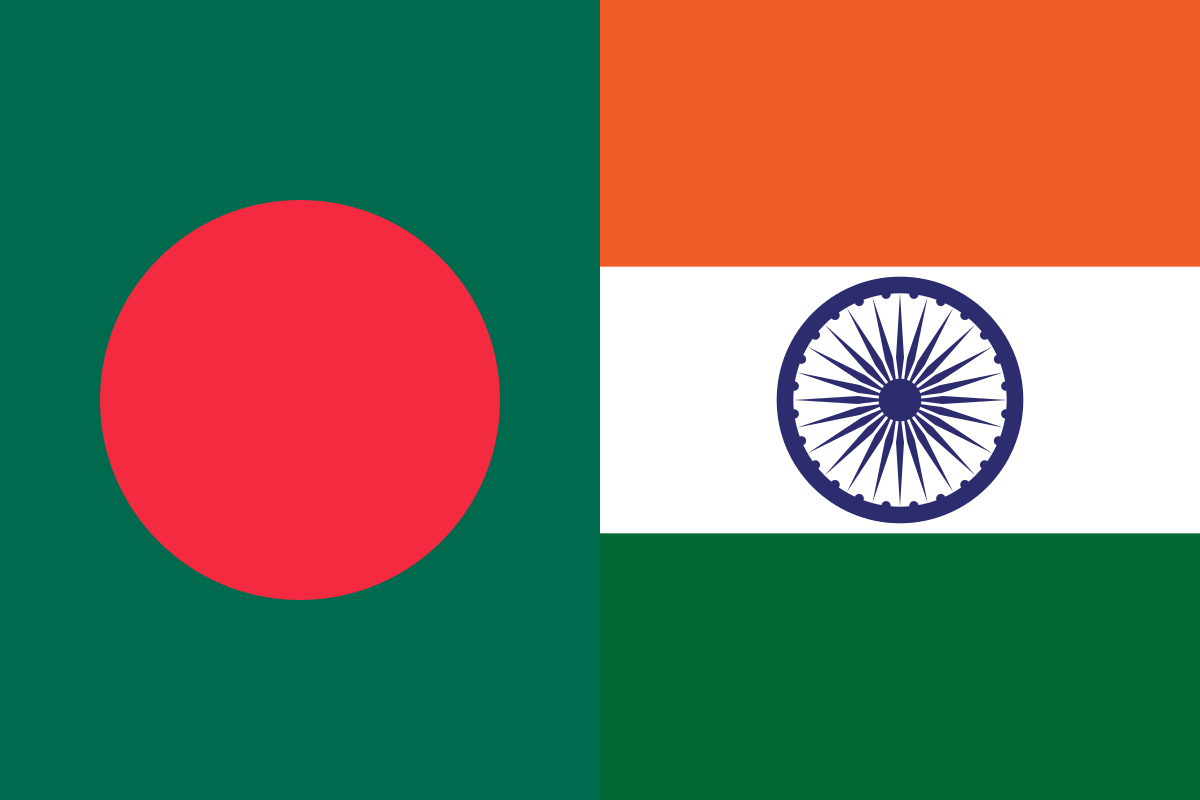
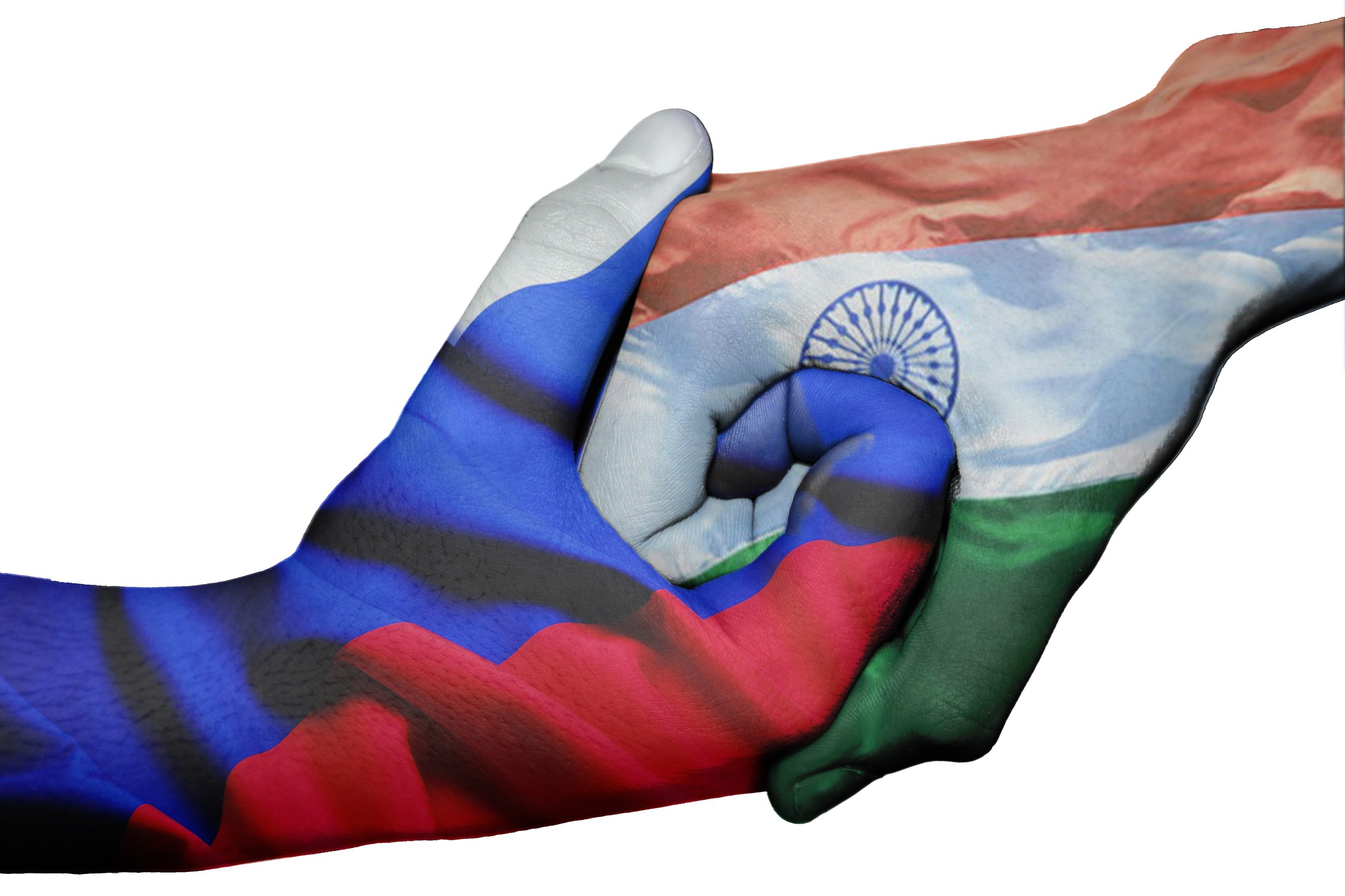
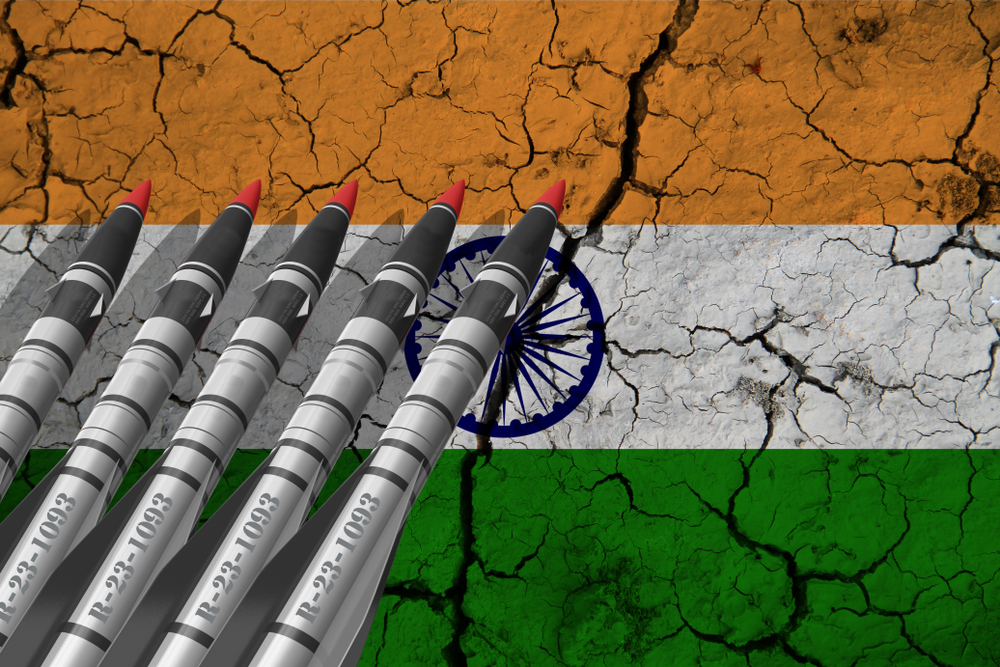






POST COMMENTS (1)
NILANJAN GUPTA